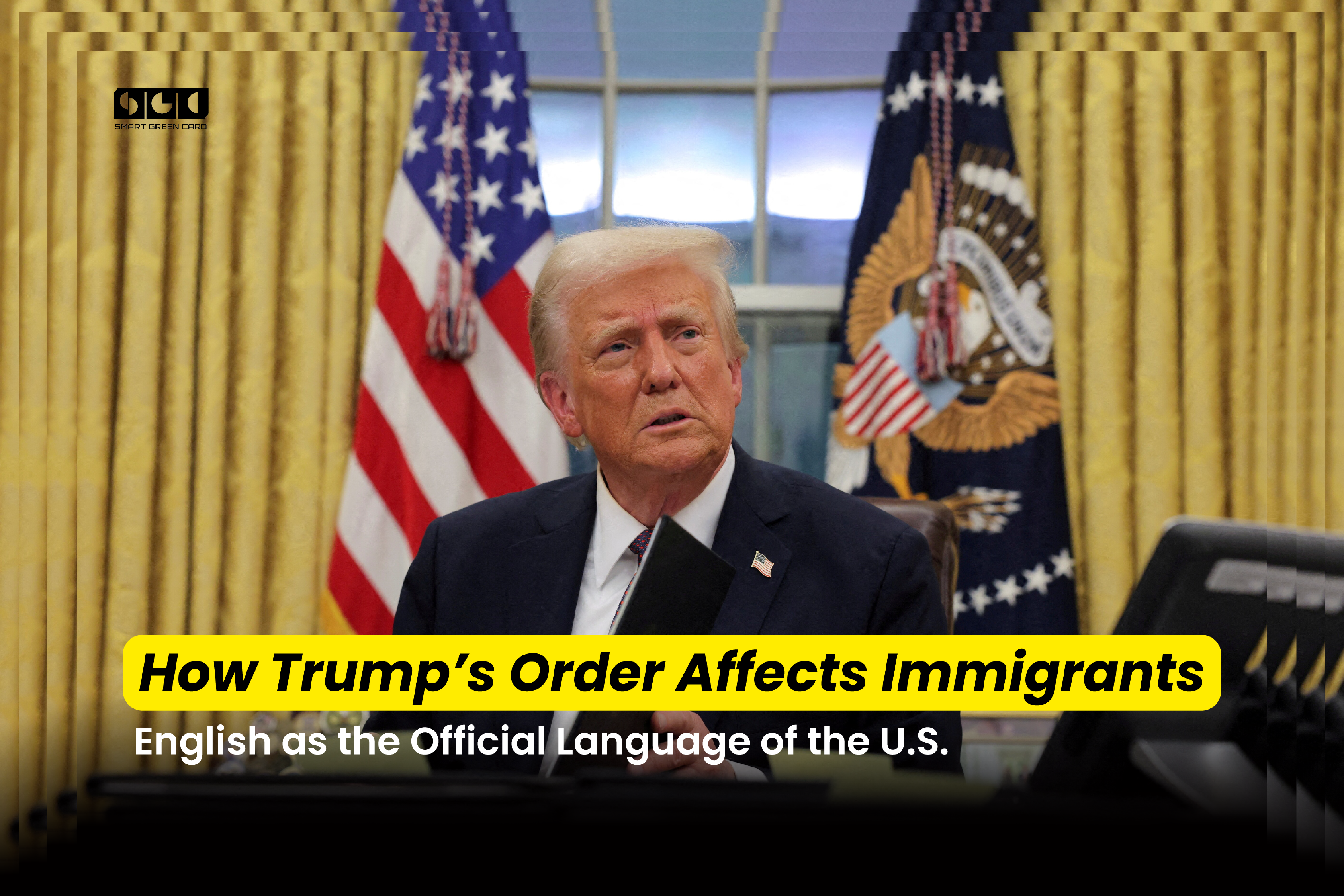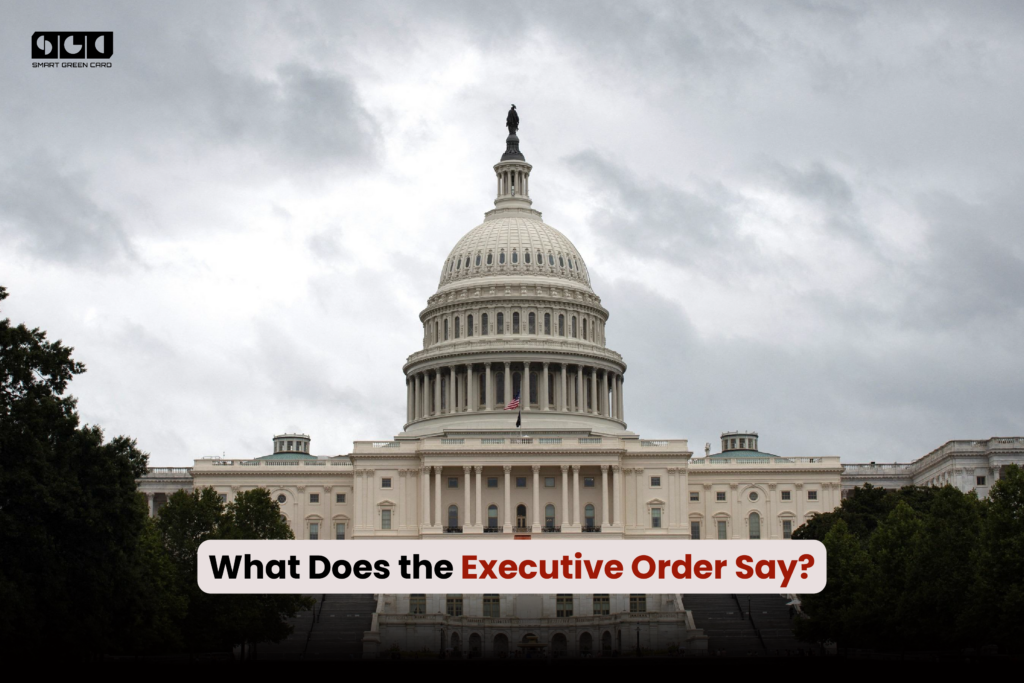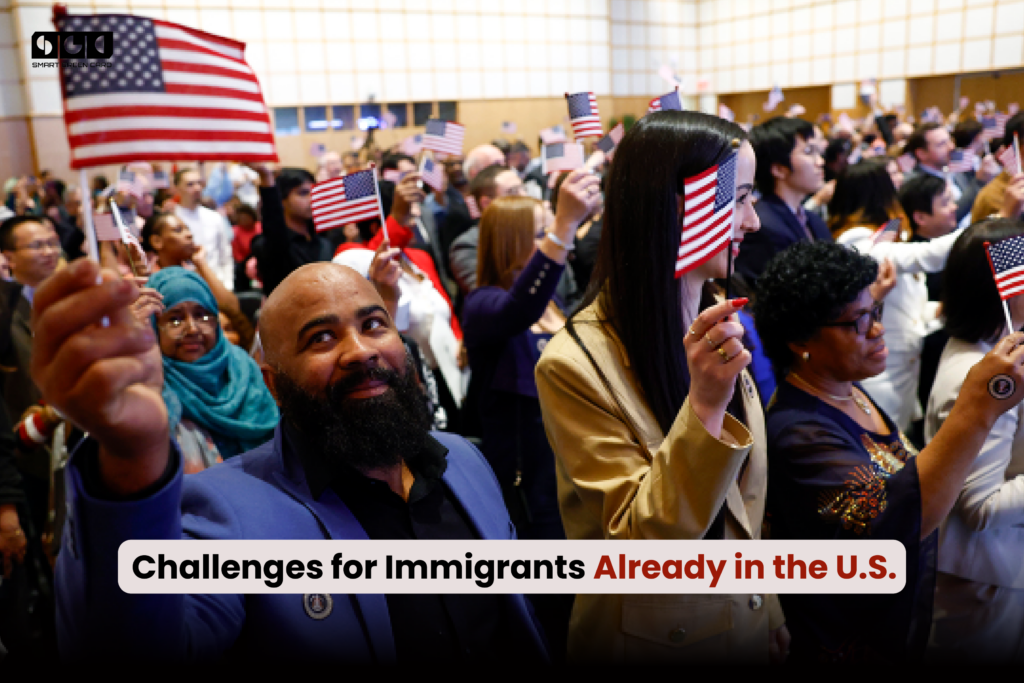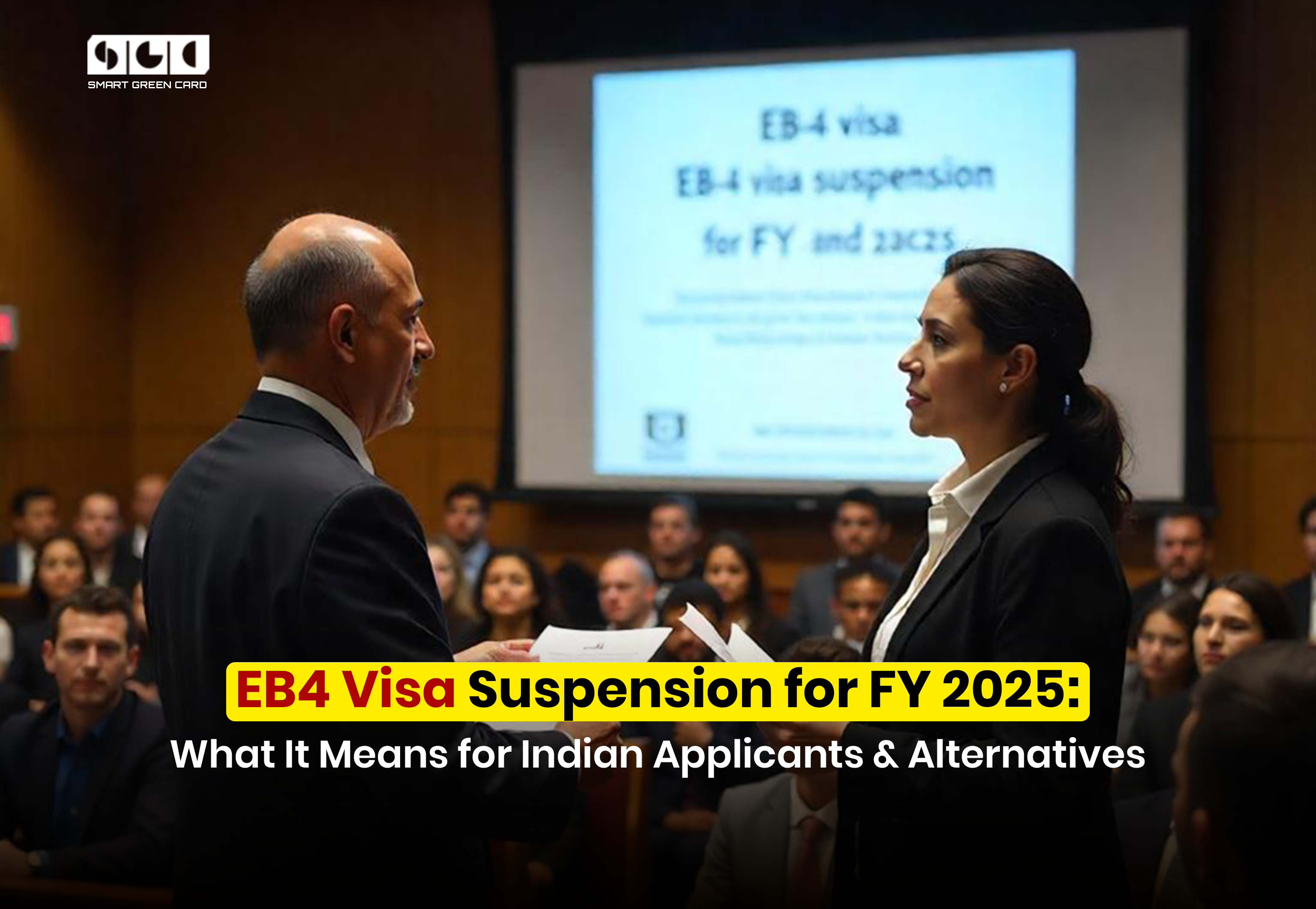English as the Official Language of the U.S.: What Trump’s Order Means for Immigrants

On March 1, 2025, President Donald Trump signed an executive order declaring English as the official language of the US. This marks a significant policy shift, altering how federal agencies interact with non-English speakers. The order allows federal agencies to decide whether to continue offering multilingual services, potentially making it harder for immigrants to access essential resources such as healthcare, legal assistance, and immigration benefits.
While supporters argue that this move promotes national unity and simplifies government operations, critics warn that it could disproportionately affect immigrants, non-English-speaking visa applicants, and those relying on bilingual education. This shift has sparked heated debates about accessibility, integration, and the future of immigration in the U.S.
This blog explores how the new executive order affects visa applicants and immigrants in the U.S., highlighting challenges from reduced multilingual support. Plus, we share practical steps to help immigrants adapt.
What Does the Executive Order Say?

Trump’s executive order removes the previous federal mandate requiring agencies to offer multilingual services. Previously, government agencies had to provide translations and language assistance to non-English speakers. With this policy change, government agencies are no longer required to provide language assistance, which could make it harder for non-English speakers to access essential services.
This order does not introduce new English proficiency requirements for visa applicants. However, it reduces language accommodations, potentially making government processes more complex for those who struggle with English.
How Visa Applicants Could Be Affected
Though the new executive order designating English as the official language of the U.S. does not change visa eligibility criteria, it could indirectly impact non-English-speaking applicants in several ways.
- Increased Complexity in Visa Applications: Government immigration forms are already complicated, and without translated instructions or multilingual support, non-English speakers may struggle to complete them correctly. Errors in applications could lead to delays, denials, or rejections.
- Challenges for Employers Sponsoring Work Visas: Businesses hiring foreign workers may face higher costs due to the lack of translation services. Companies that previously relied on government-provided assistance for visa paperwork may now need to invest in private translation services.
- Limited Assistance for Visa-Related Legal Issues: Immigrants seeking legal aid for visa extensions, status adjustments, or appeals may find it harder to access resources if legal services reduce multilingual support.
Challenges for Immigrants Already in the U.S.

Even for those who have already secured a visa, this policy presents additional obstacles. Removing multilingual support in government offices could create significant difficulties for immigrants navigating daily life in the U.S.
- Limited Access to Essential Services: Non-English-speaking immigrants may struggle to obtain healthcare, apply for social programs, or even understand their tax obligations.
- Barriers in Education and Employment: The order could impact bilingual education programs, making it harder for children from immigrant families to learn in a supportive environment. Employers may also find it more challenging to accommodate non-English-speaking workers.
- Risk of Misinformation and Exploitation: Without clear multilingual communication from government sources, immigrants might have to rely on informal networks for guidance, increasing their risk of falling victim to scams or misinformation.
What Immigrants and Visa Seekers Can Do Now
As policies evolve, immigrants and visa seekers must take proactive steps to navigate these changes effectively:
- Improve English Proficiency: While English as the Official Language of the U.S. has always been beneficial for integration, this policy shift makes it even more important. Taking language courses can help immigrants access government services and job opportunities more easily.
- Seek Legal and Professional Guidance: With reduced government assistance, consulting an immigration lawyer or expert service provider can help ensure applications and legal paperwork are handled correctly.
- Stay Informed: Immigration policies are constantly evolving, and advocacy groups may challenge this order. Keeping up with policy changes can help immigrants make informed decisions.
Conclusion: The Future of Immigration Under This Policy
While this executive order does not alter visa requirements directly, it creates new challenges for non-English-speaking immigrants. By reinforcing the idea of English as the Official Language of the U.S., this policy may reduce language assistance, making it harder for immigrants to navigate essential services, integrate into society, and succeed in the U.S.
For visa seekers and skilled professionals, having the right support system is more important than ever. With the right strategy and expert guidance, you can turn your expertise into a powerful EB1A profile. Join the Smart Green Card VIP Plan today and take the first step toward securing your future in America!
Don’t let language barriers slow you down—visit Smart Green Card today and take the next step toward your American dream!
Share this :
- SGC
- No Comments
Latest blog & Newsletters
English as the Official Language of the U.S.: What Trump’s Order Means for Immigrants
English as the Official Language of the U.S.: What Trump’s Order Means for...
Visa Bulletin April 2025: Latest Updates for India’s EB-1, EB-2, and EB-3 Applicants
Visa Bulletin April 2025: Latest Updates for India’s EB-1, EB-2, and EB-3 Applicants...
EB4 Visa Suspension for FY 2025: What It Means for Indian Applicants & Alternatives
EB4 Visa Suspension for FY 2025: What It Means for Indian Applicants &...




